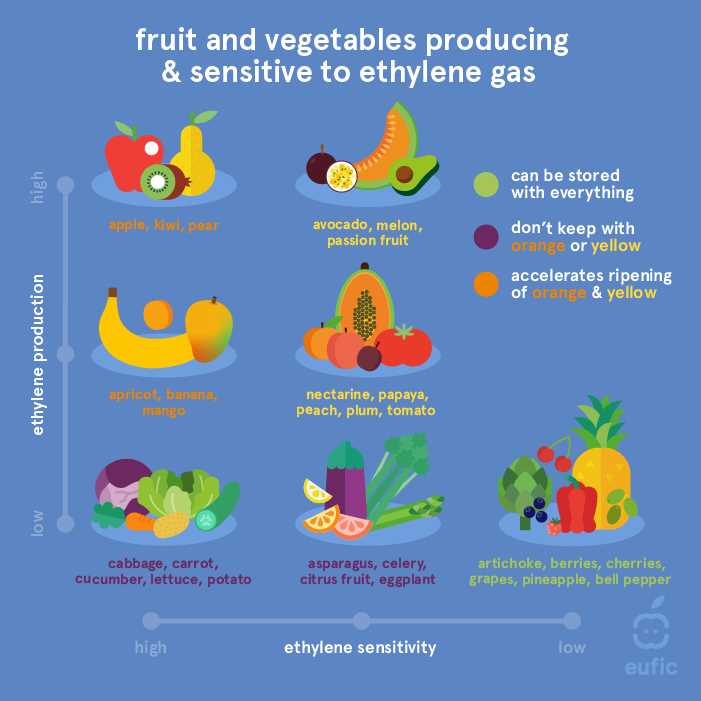
When it comes to storing vegetables, refrigeration is often the go-to method for keeping them fresh. However, not all vegetables thrive in cold temperatures. In fact, some vegetables can suffer from chilling injuries, which can cause them to lose flavor, texture, and nutritional value.
1. Tomatoes
Although it may be tempting to keep tomatoes in the refrigerator to prolong their shelf life, refrigeration can actually cause them to lose their flavor and become mushy. Tomatoes are best stored at room temperature, away from direct sunlight. If they need to ripen, you can place them in a paper bag with a banana or an apple to speed up the process.
2. Potatoes
Potatoes are another vegetable that should not be refrigerated. Cold temperatures can convert the starches in potatoes into sugar more quickly, resulting in a sweeter but grainy texture. To store potatoes, keep them in a cool, dry, and dark place, such as a pantry or a cellar. Make sure to remove any sprouts or green spots before storing them.
3. Onions
Onions are best kept in a well-ventilated area, rather than the refrigerator. The moisture in the fridge can cause onions to become soft and moldy. To store onions, you can keep them in a mesh bag or a wire basket, allowing air to circulate around them. It’s also important to keep onions away from potatoes, as they can release gases that cause each other to spoil more quickly.
4. Avocados
While it may be tempting to refrigerate avocados to prevent them from ripening too quickly, this can actually delay the ripening process. Avocados should be stored at room temperature until they become soft and ready to eat. Once ripe, they can be refrigerated for a few days to prolong their shelf life.
By knowing which vegetables should not be refrigerated, you can ensure that they retain their taste, texture, and nutrients for a longer period of time. Proper storage can make a big difference in the quality of your produce, so consider the best storage methods for your vegetables.
- Common vegetables that should not be refrigerated
- Tomatoes
- Why Shouldn’t Tomatoes be Refrigerated?
- How to Store Tomatoes?
- Cucumbers
- Why shouldn’t cucumbers be refrigerated?
- How should cucumbers be stored?
- Peppers
- How to store peppers:
- Uses for peppers:
- Potatoes
- Onions
- Q&A,
- Why should certain vegetables not be refrigerated?
- Which vegetables should not be refrigerated?
- What happens to tomatoes when they are refrigerated?
- Can I store potatoes in the refrigerator?
- How should onions be stored?
Common vegetables that should not be refrigerated
While most vegetables benefit from being stored in the refrigerator to stay fresh and crisp, there are some common vegetables that should not be refrigerated. Storing these vegetables in the refrigerator can cause them to lose flavor, become soft and mushy, or even spoil quicker. It’s important to know which vegetables are better off being stored at room temperature to ensure their quality and taste.
| Vegetable | Storage Method |
|---|---|
| Tomatoes | Keep tomatoes at room temperature, ideally in a well-ventilated area away from direct sunlight. Refrigeration can cause tomatoes to become mealy and their flavor to diminish. |
| Potatoes | Store potatoes in a cool, dry, and dark place, such as a pantry or cellar. Refrigeration can cause the starches in potatoes to convert to sugar more quickly, resulting in an unpleasant taste and texture when cooked. |
| Onions | Onions should be stored in a cool, dry, and well-ventilated space. Refrigeration can cause onions to become soft and moldy. It’s best to keep them separate from other vegetables to prevent their strong odor from transferring. |
| Garlic | Store garlic in a cool, dry place with good airflow, such as a pantry or countertop. Refrigeration can cause garlic to sprout and become rubbery and moldy. |
| Winter squash | Store winter squash in a cool, dry area, like a pantry or cellar. Refrigeration can cause the squash to lose flavor and become watery when cooked. |
| Avocados | Keep unripe avocados at room temperature to ripen, and once ripe, store them in the refrigerator to slow down the ripening process. Refrigeration can cause unripe avocados to never fully ripen, while overly ripe avocados can become mushy and spoil quickly. |
By properly storing these common vegetables at room temperature, you can maintain their freshness, flavor, and texture for longer periods of time. Remember to check the specific storage recommendations for each vegetable to ensure optimal freshness.
Tomatoes
Tomatoes are a versatile vegetable that can add flavor to a wide variety of dishes. However, refrigerating tomatoes can negatively affect their texture and taste. It is best to store tomatoes at room temperature to maintain their quality.
Why Shouldn’t Tomatoes be Refrigerated?
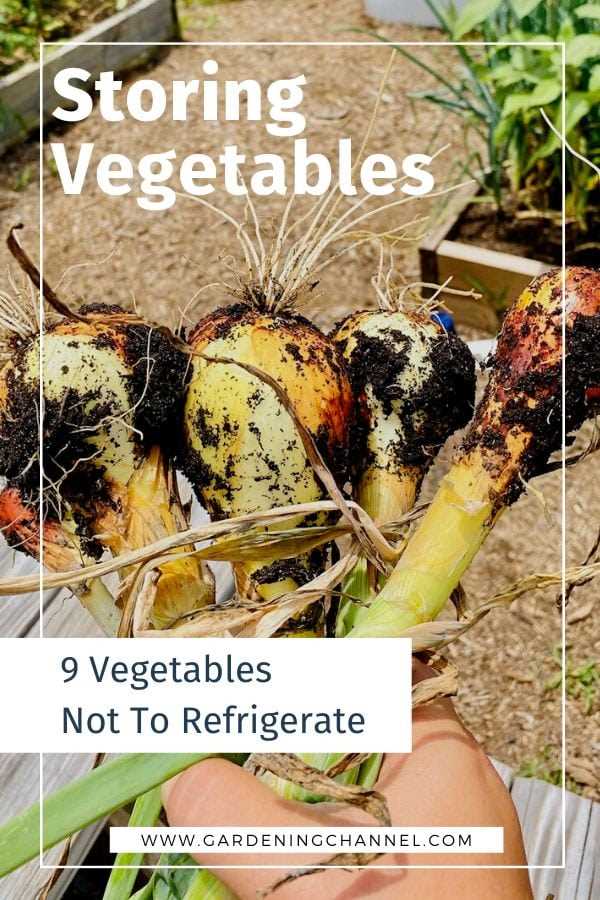
When tomatoes are refrigerated, the cold temperature can cause the texture of the tomato to become mealy and soft. It can also lead to a loss of flavor and a decrease in sweetness. This is because refrigeration slows down the natural ripening process of tomatoes.
Additionally, refrigeration can cause the tomatoes to lose moisture more quickly, resulting in a dry and less appealing texture. The cold temperature can also diminish the natural aromas of the tomatoes, which are an important part of their flavor profile.
How to Store Tomatoes?
The best way to store tomatoes is at room temperature, away from direct sunlight. They can be placed in a bowl or on a countertop, but it’s important to keep them away from other fruits and vegetables that produce ethylene gas, as this gas can speed up the tomato’s ripening process.
If you have ripe tomatoes that you can’t use right away, you can store them in a cool, dry place for a short period of time. However, it’s best to use them within a few days to ensure optimal flavor and quality.
| Do | Don’t |
|---|---|
| Store at room temperature | Refrigerate |
| Keep away from ethylene-producing fruits and vegetables | Store in a plastic bag |
| Use ripe tomatoes within a few days | Store in direct sunlight |
Cucumbers
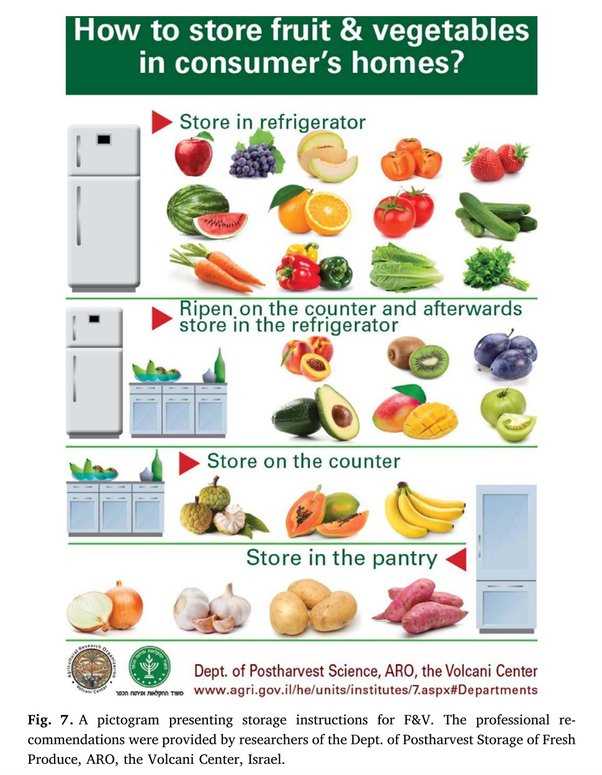
Cucumbers are one of the most popular vegetables, known for being refreshing and low in calories. However, refrigerating cucumbers might not be the best idea.
Why shouldn’t cucumbers be refrigerated?
Unlike many other vegetables, cucumbers are sensitive to cold temperatures. When cucumbers are exposed to temperatures below 50°F (10°C), they tend to develop chilling injuries. This can cause the cucumber to become watery, soft, and develop a yellowish color. The texture and flavor of the cucumber can also be affected.
How should cucumbers be stored?
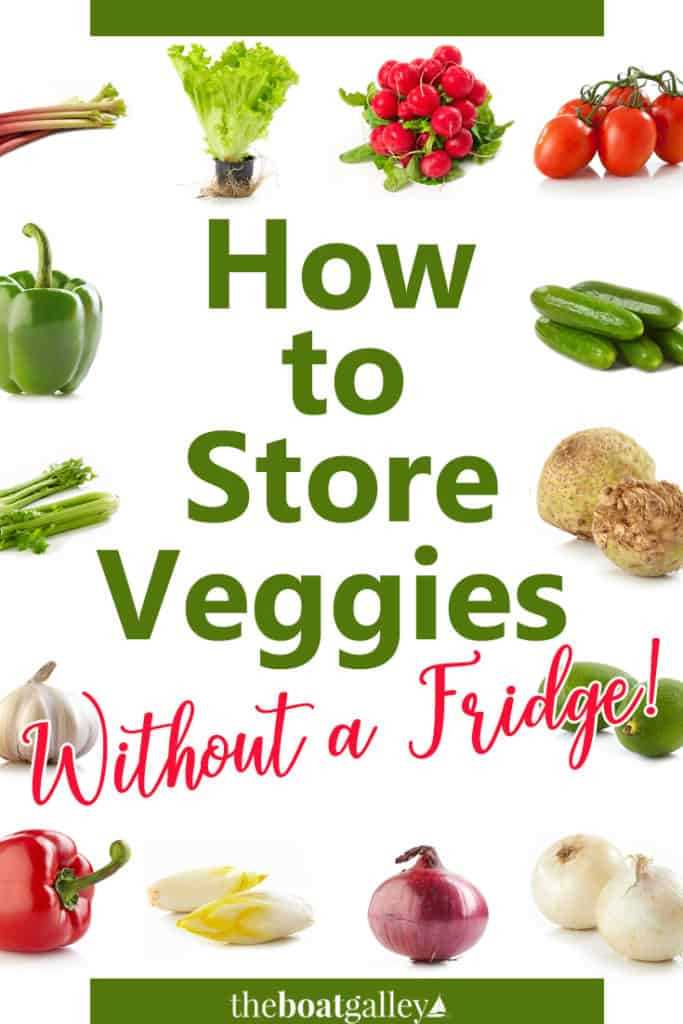
It is best to store cucumbers at room temperature, away from direct sunlight. If you have cut or sliced cucumbers, it is recommended to wrap them tightly in plastic wrap or place them in an airtight container to prevent them from drying out. Cucumbers stored this way can last for about a week.
If you prefer your cucumbers chilled, you can always place them in the refrigerator for a short period before consuming them. Just be sure to use them within a day or two to maintain their freshness and crispness.
Remember that cucumbers are primarily composed of water, so it is crucial to keep them hydrated. To maintain their crispness, you can also store cucumbers in a bowl of water, similar to cut flowers in a vase.
Following these storage tips will ensure that you can enjoy fresh and crispy cucumbers without compromising their quality.
Peppers
Peppers are a versatile vegetable that can add both flavor and color to a variety of dishes. While they are delicious when cooked, they should not be refrigerated, as the cold temperature can cause them to become soft and lose their crisp texture.
There are several types of peppers, including bell peppers, jalapeno peppers, and chili peppers. Each variety has its own unique flavor and heat level. When purchasing peppers, look for ones that are firm and have a shiny skin. Avoid peppers that have wrinkled or discolored skin, as these are signs of decay.
How to store peppers:
1. Keep peppers at room temperature: Store peppers at room temperature in a cool, dry place, away from direct sunlight. Placing them in a paper bag can help to extend their shelf life.
2. Wrap cut peppers: If you have cut a pepper and have leftovers, wrap the cut side tightly in plastic wrap and store it in the refrigerator for up to a few days.
3. Freeze peppers: Peppers can also be frozen for long-term storage. Wash, seed, and slice the peppers before placing them in a freezer bag. They can be stored in the freezer for up to 6 months.
Uses for peppers:
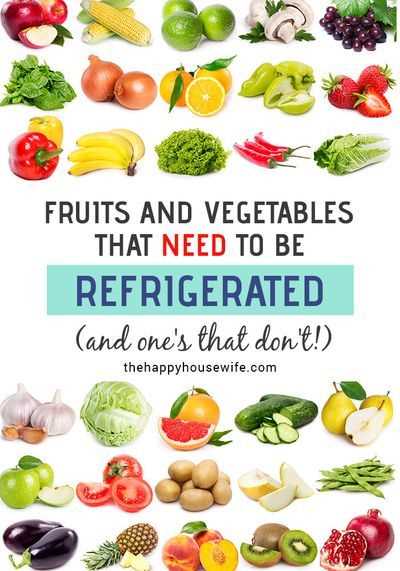
Peppers can be used in a variety of dishes, both raw and cooked. They can be chopped and added to salads for an extra crunch, or sautéed and added to stir-fries for a pop of color. Peppers can also be stuffed with a filling and baked, or grilled for a smoky flavor.
Overall, peppers are a versatile vegetable that should be stored at room temperature to maintain their flavor and texture. Avoid refrigerating them to ensure they stay crisp and fresh for longer.
Potatoes
Potatoes are a staple vegetable in many households and can be prepared in a variety of ways, including boiling, baking, or frying. However, storing potatoes in the refrigerator is not recommended.
Refrigeration can cause the starches in potatoes to turn into sugar more quickly, resulting in a sweeter taste and an undesirable texture. Cold temperatures can also lead to the breakdown of the cell walls in potatoes, causing them to become soft and mushy.
Instead of refrigerating potatoes, it is best to store them in a cool, dark, and well-ventilated area, such as a pantry or a cellar. This will help to maintain their freshness and prevent them from sprouting or developing a green tint.
If you have cut or peeled potatoes, it is recommended to store them in water to prevent browning. Simply place the potatoes in a bowl of cold water and refrigerate until they are ready to be used.
By properly storing potatoes, you can ensure that they retain their flavor, texture, and nutritional value for a longer period of time.
Onions
Onions are a versatile and flavorful vegetable that adds depth and complexity to a wide variety of dishes. While onions are commonly stored in the refrigerator, it is best to keep them in a cool, dry place like a pantry or countertop.
Refrigerating onions can cause them to become soft and moldy. The moisture in the refrigerator can also cause onions to become sprout and spoil faster. Therefore, it is recommended to store onions in a well-ventilated area to keep them fresh for longer.
Additionally, onions have a strong odor that can permeate other foods in the refrigerator. Storing onions separately can help prevent this and avoid any unwanted flavors or aromas transferring to other ingredients.
Proper storage of onions:
- Remove any loose dirt or dry outer layers of the onion.
- Maintain a cool, dry place with good air circulation.
- Avoid storing them near potatoes, as onions can cause potatoes to sprout.
- Keep them away from direct sunlight to prevent them from sprouting or becoming bitter.
- If you have cut onions, store them in an airtight container in the refrigerator and use them within a few days.
By following these storage tips, you can ensure that your onions stay fresh and flavorful, ready to enhance your culinary creations.
Q&A,
Why should certain vegetables not be refrigerated?
Some vegetables, such as tomatoes and potatoes, have a higher water content and storing them in the refrigerator can cause them to become mealy or lose flavor.
Which vegetables should not be refrigerated?
Vegetables like tomatoes, potatoes, onions, garlic, cucumbers, and avocados should not be refrigerated.
What happens to tomatoes when they are refrigerated?
When tomatoes are refrigerated, their texture becomes mealier and their taste can be altered.
Can I store potatoes in the refrigerator?
No, potatoes should not be stored in the refrigerator as the cold temperature can convert the potato’s starches into sugar, resulting in a sweeter taste and potentially causing them to darken when cooked.
How should onions be stored?
Onions should be stored in a cool, dark, and well-ventilated place, such as a pantry or basement. Storing them in the refrigerator can cause them to become soft and moldy.